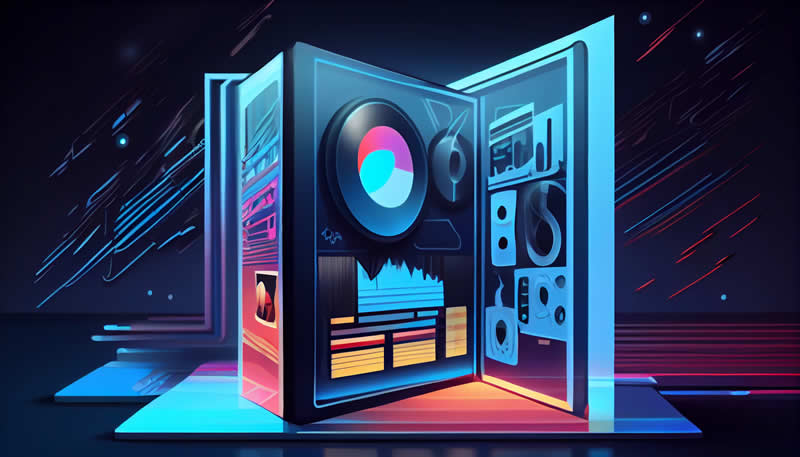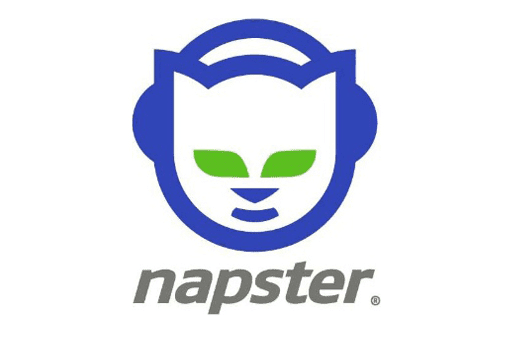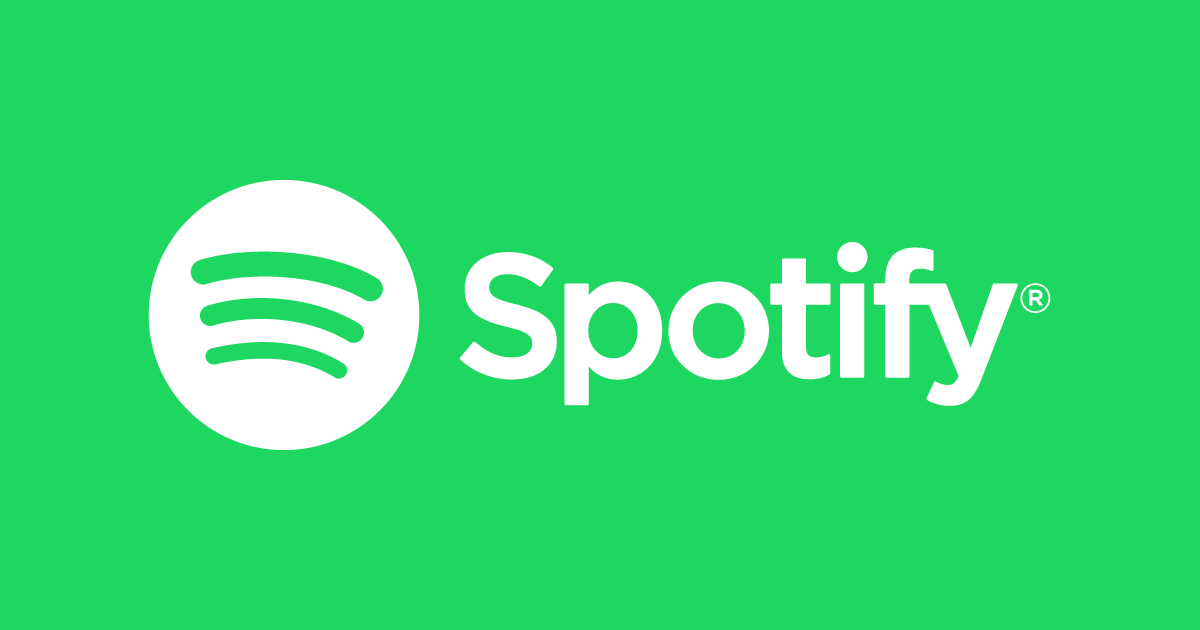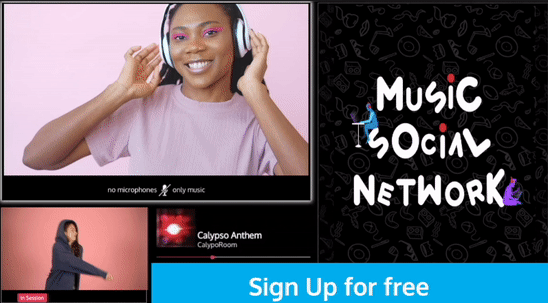The state of the music industry in the digital age

Table of content
The state of the music industry in the digital age - Introduction
In 1999, the world's recorded music market had been expanding for almost 25 years.
Global record sales peaked at one billion in 1974 and tripled to three times that amount by the end of the century.
Music business leaders were optimistic in 1999. Few knew that a handful of young Internet geniuses, lead by Shawn Fanning, a student at Northeastern University in Boston at the time, would start the volatile process that would eventually erode the industry's roots.
Napster, a file-sharing service, was founded by Shawn Fanning in 1999. The business permitted customers to download and distribute music without paying the legitimate right holders.
Napster was forced to shut down the service after being sued by the music industry establishment.

However, a number of additional music-sharing businesses swiftly adopted the model.
The music business has attempted to control the growth of internet pirate services like Napster, Kazaa, Limewire, Grokster, DC++, and The Pirate Bay, but has been unable to do so.
Sales of physical recordings of music (such as cassettes, CDs, and vinyl) had fallen back to their early 1970s lows by the end of 2013.
In the 15 years since its launch, Napster has transformed the music industry and made obsolete the model that used to be in place for most of the past century.
The music industry is a prime illustration of how an innovation may upend an entire sector and make preexisting skills obsolete.
Before the popularity of the Internet grew, the music business relied heavily on its control over physical distribution to exercise power and influence.
The main music businesses have been forced to reinvent themselves in order to survive as physical music distribution has become increasingly irrelevant thanks to the Internet.
Music industry structure
The music industry is divided into three sub-industries: recorded music (focused on recording and distributing music to consumers); music licensing (primarily licensing compositions and arrangements to businesses); and live entertainment (focused on producing and promoting live concerts, tours, etc.).
The biggest money was made by bands and recording artists in the old-school music business. The majority of aspiring musicians and bands hoped to land record label deals.

Compared to the recorded music industry sector, the second music industry sector, music licensing, was considerably smaller and less interesting.
The industry of music publishers, which was active in this field, was mostly one of business-to-business transactions with little or no direct contact with consumers.
The live music industry makes money by selling concert tickets. Even though live music has a long and successful history, over the twentieth century, the recording industry began to overshadow it.
Record labels typically viewed concerts as a vehicle to promote an album and were not overly concerned with whether or not the tour was lucrative.
How the internet revolutionised everything
The distribution of recorded music to consumers was chiefly impacted by the Internet's impact on the music business.
This indicates that while widespread illegal downloading and online piracy affected the recorded music industry, they did not affect the other two music industry sectors.
One of the main causes is that the music industry needs to reconsider new revenue sources and discover strategies to boost earnings from live performances and licensing as digital music sales fall.

Revenues from music licensing have dramatically expanded over the past several years as a result of new and more active licensing strategies as well as developments in the media industries.
It's important to note, however, that since the introduction of the Internet, the distinctions between those three businesses have gotten fuzzier.
Digital music market: the beginning
Apple Computer, not a player in the music industry, was the first business to launch a successful online music sales and distribution service.
In 2003, Apple persuaded the big record companies that if they offered customers a very straightforward service that allowed them to buy and download tunes for under a $1, customers would buy music legally.
The program's name was iTunes Music Store.

The iTunes Music Store can be seen as a success since Apple correctly predicted consumer behavior.
Since its launch in 2003, iTunes has sold more than 25 billion songs, making it the largest music retailer worldwide in 2013.
The logic of the conventional music industry has been challenged by digital download services like the iTunes Music Store, but there are other legal music services that are even more radical and controversial.
Services like Pandora and Spotify offer a large library of music to their users, who pay a monthly fee to listen to as many songs as they want.

Online music streaming through a legal access-based music service may seem enticing to some people, but these services have had trouble persuading record labels and users that they are viable.
A legal music service that could compete with illegal file sharing was a goal that wasn't first pursued by Spotify.
Most of their predecessors had failed for a variety of reasons, such having little content or having difficult interfaces.
Impact of streaming services on the music industry
In recent years, streaming services have had a big influence on the music business.
Music consumption has changed away from conventional physical sales (like CDs and vinyl) and digital downloads (like iTunes) in favor of on-demand streaming thanks to the emergence of platforms like Spotify, Apple Music, and Tidal.
In the past, record corporations mostly obtained their income from physical and digital sales and downloads, with just a small amount going to the artists.
Streaming services, however, have changed the income model such that musicians can now receive a larger share of the revenue generated by their music.
Using streaming platforms has also made it simpler for independent musicians to reach a larger audience with their songs.
Independent musicians formerly had to rely on physical sales or conventional radio airplay to get recognition, but with streaming services, they can immediately submit their music to websites like Spotify and possibly reach millions of listeners.

Nonetheless, several artists and business people have also criticized streaming services.
One of the primary complaints is that, compared to physical sales or digital downloads, streaming services pay relatively low royalties, which can make it difficult for artists to support themselves purely from streaming earnings.
Others claim that streaming services favor particular kinds of music and playlists, homogenizing the market and leaving less opportunity for independent artists or specialized genres.
The state of the music industry in the digital age - Conclusion
In the past 15 years, the recorded music industry has seen a drastic transformation, but there is still more to be done before it finally abandons physical forms.
The transition to the digital age is well underway, and access-based music services are crucial to it.
Other industry sectors, such live music and music licensing, grow more significant when a recording's role as an income source diminishes.
The associations people have with music evolve along with the way music functions in society.
In today's digital music market, services and features that enable customers to interact with music rather than just play it take center stage.
This is why in Calypsoroom, believing that music is the most powerful tool to bring people together, we created a digital place where people can meet friends or strangers listening to the same music, at the same time, connected by webcam. Discover more.
Thanks for reading,
CalypsoRoom Team
FAQs - Frequently Asked Questions
What is the state of the music industry in the digital age?
There have been significant developments in the music industry in the age of digital technology as you may know. Physical copies of music are no longer used as much as digital streaming for obvious reasons, and this transformation has had a tremendous impact on how music is made, distributed, and enjoyed.
What are the benefits of digital music streaming?
Users have access to a vast catalog of music from several artists and genres thanks to digital music streaming. In addition, it is less expensive and more practical than buying music in tangible form. Moreover, streaming services provide tailored playlists and suggestions depending on a user's listening preferences.
How has digital music streaming impacted the music industry?
The manner that record companies and performers make money has altered as a result of digital music streaming. Due to the fact that streaming services pay labels and artists depending on the quantity of streams they receive, some musicians' earnings have decreased. A bigger audience may now be reached by independent musicians without the assistance of a record company thanks to streaming services, though.
Are there any drawbacks to digital music streaming?
Concerns about how streaming would affect their income have been voiced by certain musicians. Although it can be less lucrative than selling physical copies of music, streaming services compensate artists and labels based on the number of streams they receive. Others counter that a lack of variety in the music industry may result from the dominance of streaming platforms.
How has the digital age impacted the live music industry?
It is now simpler for musicians to interact with their fans and advertise live performances thanks to the internet age. Although ticketing networks facilitate the purchase of concert tickets by fans, social media platforms enable artists to interact directly with their audience. Critics contend that the general standard of live music performances has decreased as a result of the growth of digital music, nevertheless.
What is the future of the music industry in the digital age?
The music industry's future remains unknown in the age of digital technologies. Although while streaming is likely to continue to dominate how people consume music, new technology advancements like virtual reality and augmented reality can offer new opportunities for artists to engage with their audiences and produce unique live performances.
back
Written by CalypsoRoom Editorial Team
The CalypsoRoom Editorial Team is a skilled and diverse group of writers, researchers, and industry specialists who have access to Calypso's data and information in order to give you broad knowledge about the music industry as well as helpful advice to help you manage your music and dancing career.
Updated March 2023
Company number: 681223
James's Walk 31, Dublin, Ireland
contact@calypsoroom.com
+353 (89) 435 8928




